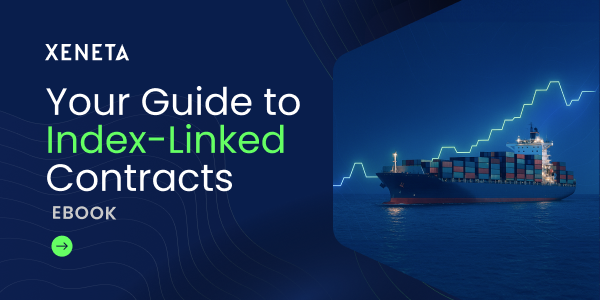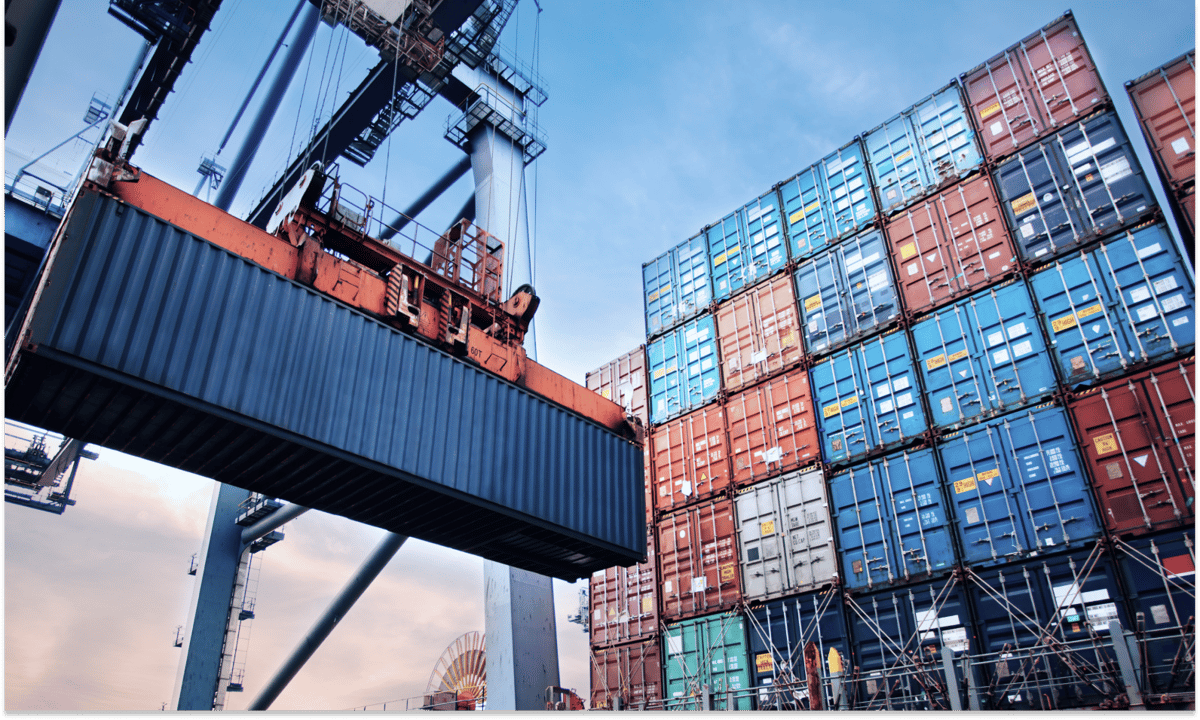Oslo, Norway – 8 April 2024
The collapse of the Francis Scott Key Bridge in Baltimore has caused supply chain disruption on the US East Coast but, so far, it has not seen an increase in ocean freight container shipping rates.
Data released today, Monday, by Xeneta, the ocean freight rate benchmarking and intelligence platform, reveals average spot rates from the Far East into the US North East Coast (including Baltimore) have fallen slightly (-1%) since the bridge collapse on 26 March to stand at USD 5421 per FEU (40ft shipping container).
When including other US East Coast ports such as New York / New Jersey, rates from the Far East have decreased by 3% in the same period.
Average spot rates from North Europe to the US North East Coast have fallen by a larger 8% in the same period to stand at USD 2357 per FEU. When including other US East Coast ports, rates have decreased by 4%.
Peter Sand, Xeneta Chief Analyst, said: “Spot rates have not reacted but that doesn’t mean shippers with cargo heading to Baltimore are not affected – on the contrary they are seeing containers arriving at ports they were not expecting.
“The majority of containers will now be handled at New York / New Jersey because many of the ships originally bound for Baltimore would have been stopping there anyway, which is perhaps why we haven’t seen an upwards impact on rates.
“Ocean freight container shipping rates may not have increased following the bridge collapse, but this incident is yet another problem for shippers to handle on top of all the other disruptions impacting supply chains at the moment, including the ongoing diversions in the Red Sea region and drought in the Panama Canal.”
On Friday, 5 April, the Port of Baltimore issued an update stating it expects to open a 280-feet wide and 35-feet deep federal navigation channel by the end of April, followed by a reopening of the permanent 700-feet wide and 50-feet deep channel by the end of May, restoring port access to normal capacity.
While shippers will welcome a timeline for the reopening of maritime lanes into Baltimore, Sand believes importers into the US East Coast could be set for further disruptions in 2024 due to labor negotiations.
The International Longshoremen’s Association’s six-year contract with the United States Maritime Alliance, which represents port terminal operators and ocean carriers on the East Coast, expires on 31 September – and no new agreement has yet been reached.
Sand said: “The threat of labor strikes on the East Coast has the potential to cause far more disruption to ocean freight shipping than the collapse of the Francis Scott Key Bridge.
“The clock is ticking and if no agreement is reached then the implications will be significant and widespread disruption at US East Coast ports. This would almost certainly see rates increase for ocean freight container services and could see some shippers choosing to head back to the US West Coast or Mexico for imports.”
About Xeneta
Xeneta is the leading ocean and air freight rate benchmarking and market analytics platform transforming the shipping and logistics industry. Xeneta’s powerful reporting and analytics platform provides liner-shipping stakeholders the data they need to understand current and historical market behavior – reporting live on market average and low/high movements for both short and long-term contracts.
Xeneta’s data is comprised of over 450+ million contracted container and air freight rates and covers over 160,000 global ocean trade routes and over 58,000 airport-airport connections. Xeneta is a privately held company with headquarters in Oslo, Norway and regional offices in New Jersey, US and Hamburg. To learn more, please visit www.xeneta.com
%201.png)






